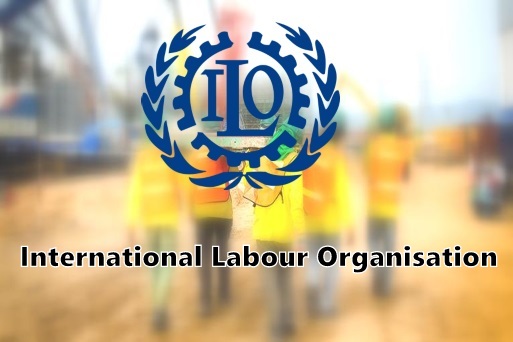
The International Labour Organization (ILO) has adopted a landmark convention to safeguard workers from biological hazards in the workplace, marking a historic outcome at the close of the 113th International Labour Conference (ILC), held in Geneva from 2 to 13 June.
The new Convention (C192) is the first global labour standard to specifically address biological risks across all work environments. It mandates ILO member states to establish national policies to prevent exposure to biological hazards and ensure preparedness for emergencies. Employers are required to adopt preventive and protective measures in collaboration with workers, who must be properly informed and trained.
An accompanying Recommendation provides practical guidance on risk assessments, early warning systems, and response strategies for outbreaks, epidemics, and pandemics. Together, the Convention and Recommendation create a comprehensive framework for managing both existing and emerging biological risks across all employment sectors.
The ILC also advanced discussions on other crucial global labour issues. It initiated its first standard-setting talks on decent work in the platform economy, which may lead to a future Convention and Recommendation addressing protections for digital platform workers. Key areas include fair pay, occupational safety, social protection, data privacy, and dispute resolution. Deliberations will continue at the 114th session in 2026.
A Resolution on reducing informality in labour markets was also adopted, urging immediate action to improve working conditions, extend social protection, and create decent jobs. The ILO will develop a global roadmap to support countries in formalising informal jobs.
Furthermore, seven amendments to the Maritime Labour Convention, 2006 (MLC, 2006), were approved. These address violence and harassment aboard ships, strengthen rights to shore leave and repatriation, improve medical care access, and reinforce the recognition of seafarers as essential workers.
The Conference also adopted a Resolution affirming the ILO’s leadership role in the Second World Summit for Social Development scheduled for November 2025 in Doha, Qatar. The organisation will monitor and support implementation of the summit’s outcomes, with active involvement from employers’ and workers’ groups.
Delegates passed a Resolution urging Myanmar’s military authorities to comply with ILO Commission of Inquiry recommendations on freedom of association and the elimination of forced labour. A special session on Belarus expressed serious concern over continued judicial harassment of trade unionists and urged compliance with ILO standards.
The Committee on the Application of Standards reviewed compliance with ILO conventions in 24 countries, with special attention to employment injury protection. In a significant move, Palestine was granted non-member observer state status at ILO meetings, ending its previous designation as a liberation movement.
The Conference concluded with the approval of the ILO’s Programme and Budget for 2026–27, setting resource allocations for its 187 member states.
In his closing remarks, ILO Director-General Gilbert F. Houngbo underscored the importance of collective action, noting 18 new ratifications from eight member states during the session. “Our mandate and our work matter now more than ever. We are duty-bound to keep moving steadfastly forward on the quest for social justice, together,” he said.
Over 5,400 delegates representing governments, employers, and workers from around the world attended the Conference.












